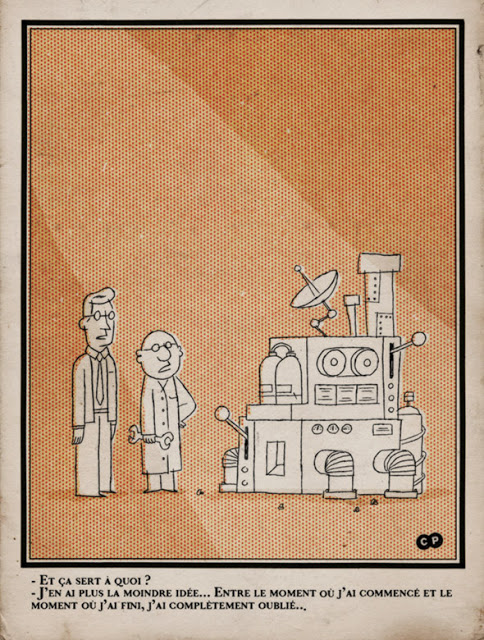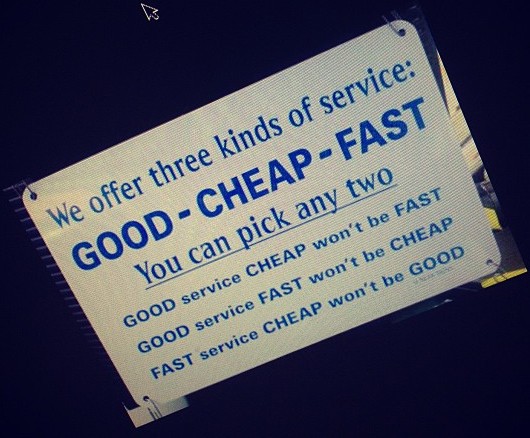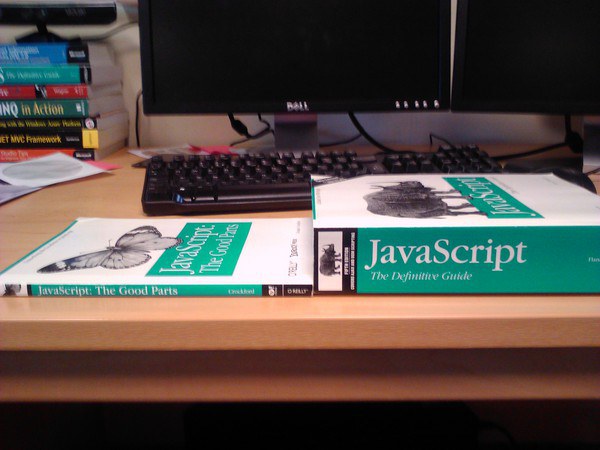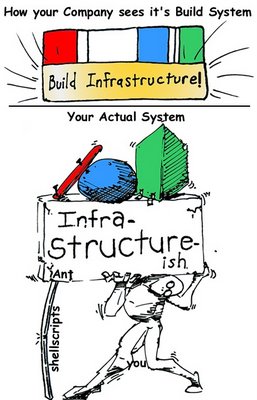La vérité sur le chiffrage en Sociétés de Services en Logiciels Libres : “Nous aimons coder. Coder ne nous coûte pas car c’est notre plaisir. D’ailleurs, nous codons gratuitement une bonne partie de notre temps (dans le cadre de nos contributions open sources). Le reste de notre travail, en revanche, nous coûte.”
Stop Using Story Points : “Like researchers of fast food, we now know that the Agile Happy Meal contains unnatural ingredients that decrease agility and cause process indigestion.”
What’s my IT strategy? : “Take a company’s IT strategy […] Now remove XXX […] What is left, is the IT strategy”
Java feature applicatbility : “I group Java features in three categories: day to day, occasionally and never (frameworks and libraries only). The rule is simple: if you find yourself using given feature more often then suggested, you are probably over-engineering”



